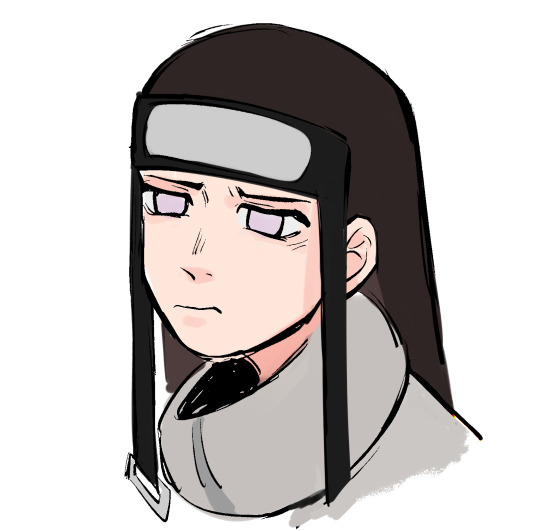#rocklee
Text
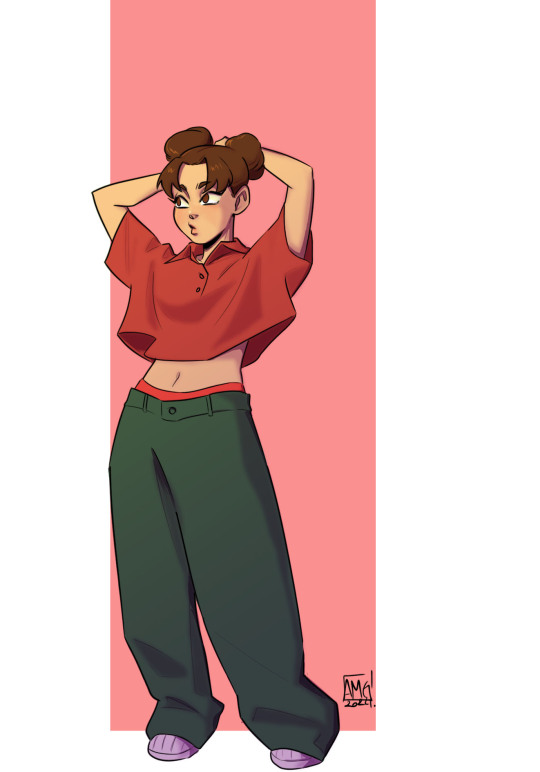
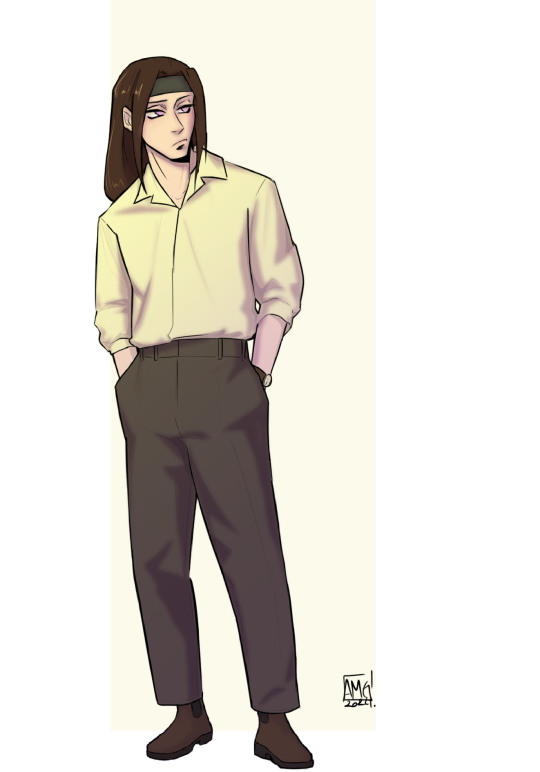
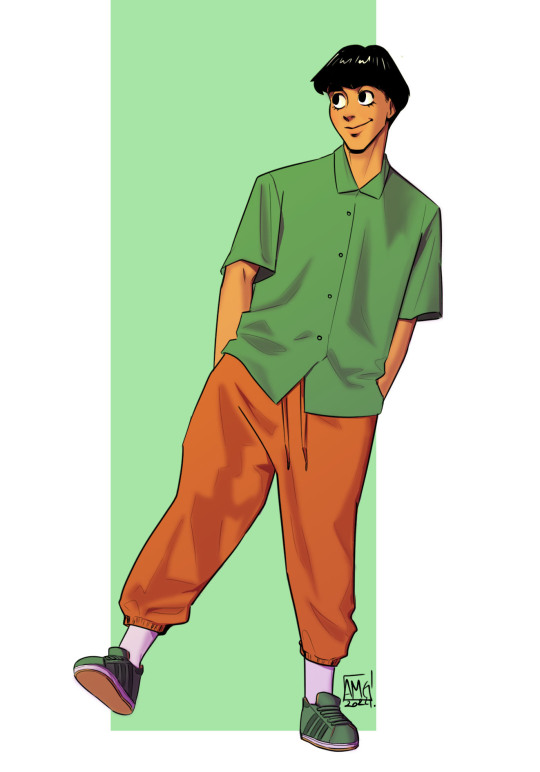
the Dango trio 🍡
135 notes
·
View notes
Text
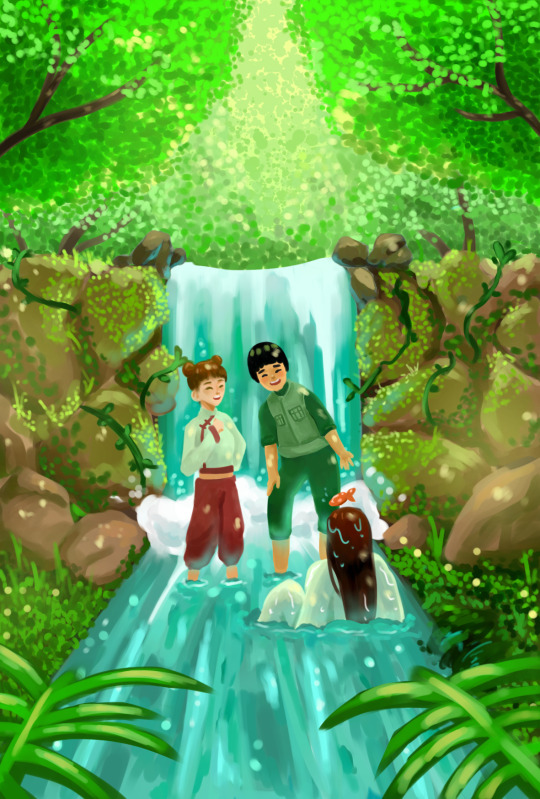
Our summertime ☀️🍃
282 notes
·
View notes
Text

I don't have a defined style, I like to use the style of the artists I like,
in this case Hikanon's style is one of my favourites and I wanted to emulate her SoD by redrawing an old
LeeGaa fan art from my gallery.
When my father passed away, Hikanon's LeeGaa drawings helped me to get out of my depression a little bit,
so I am particularly fan of her style.
117 notes
·
View notes
Text
The way pronouns work in Japanese is culturally and linguistically different from how they work in English. This is quite different from how "you" works in English. "You" in Japanese is more associated with a person, and anything related to or speaking to a person in Japanese carries ranking, status, respect, and Pollitnes. The way people talk in anime/manga is completely different from the way people talk in real life.
Japanese people frequently drops pronouns. Instead of saying "you" to call a person you are speaking in Japanese, speakers usually use the person's name with an honorific like さん = San or their title. Because some Japanese people feel uncomfortable. But it depends on one's personality. Japanese people don’t usually call someone with chan or kun/ nickname or yobisute when they meet them for the first name. And you can always ask people how they want you to address them casually. If you don’t know the name, just skip the subject.
Eg:
1. 「あんたの名前は?」 = anata no namae wa? = What is your name?
「お名前は?」 = onamae wa? = What is your name?
2. 「お仕事は何をされているのですか?」 = oshigoto wa nani o sareteiru nodesu ka? = What do you do?
「お仕事は?」 = o shigoto wa? = What do you do?
3. 「あなたはどこに住んでいますか?」 = anata wa doko ni sundeimasu ka? = Where do you live?
「どこに住んでいますか?」 = doko ni sundeimasu ka? = Where do you live?
In manga, it sounds a bit stiff to use character names all the time, so pronouns are used instead.
Omae お前 : you (rough)
Japanese has many second person pronoun and Omae is one of them. It is super rude if you use it with strangers. This word normally guys would use. It is okay to use when you're talking to your close friends. But if you use this word to a stranger or old people they would think you want to have a fight. And it is often used in a derogatory way or when you fight. So, guys normally should call each other omae if they're close friends. And also, occasionally it is used in a friendly manner. As blunt as it may seem,but there are affectionate husbands or boyfriends who call their wife/girlfriend お前. And also there are parents who address their children お前.

Teme てめえ: You (rude)
Another word for 'you' (the person before me) which is rude is "Teme". It is also a second person pronoun and it is pretty insulting. It's generally only used when angry. It would use to call someone teme to start a fight.This word is used by rough people basically.
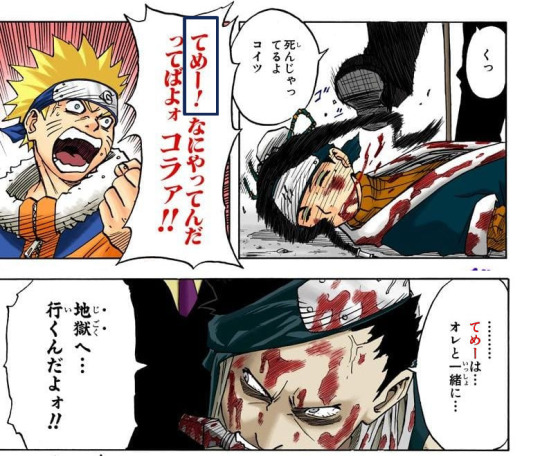
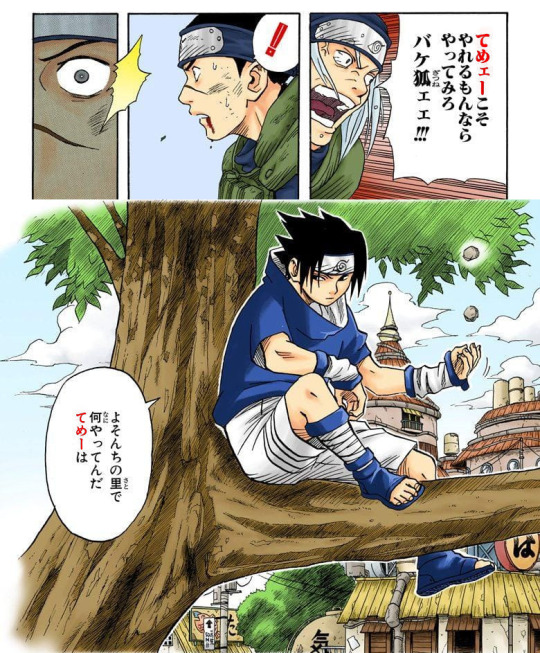
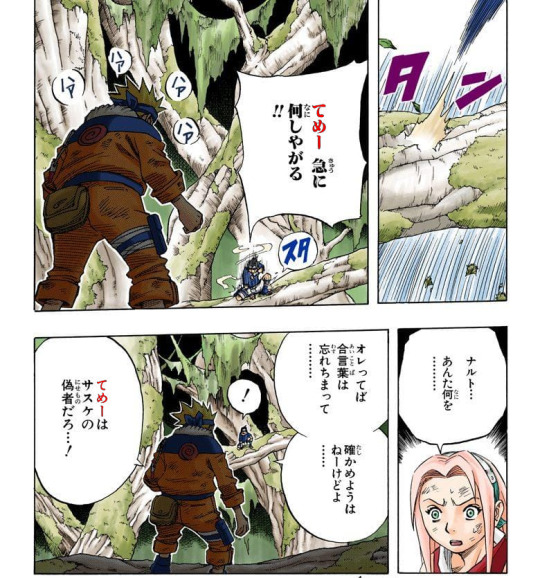
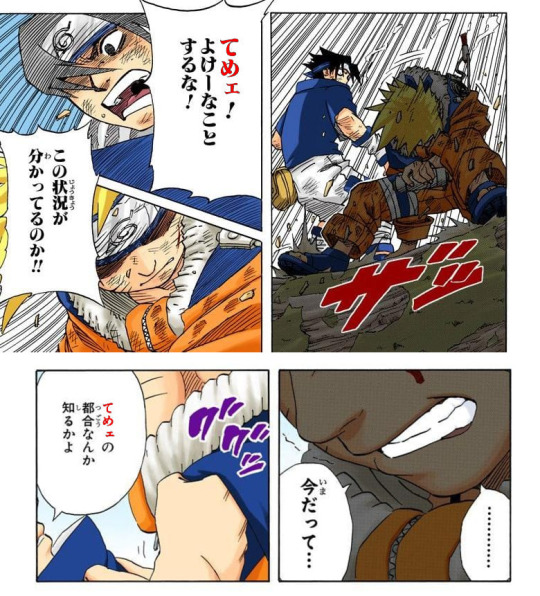
The word omae & Teme are still use in real life by some people.
Anata あなた : You
(It's also spelled アナタ with katakana)
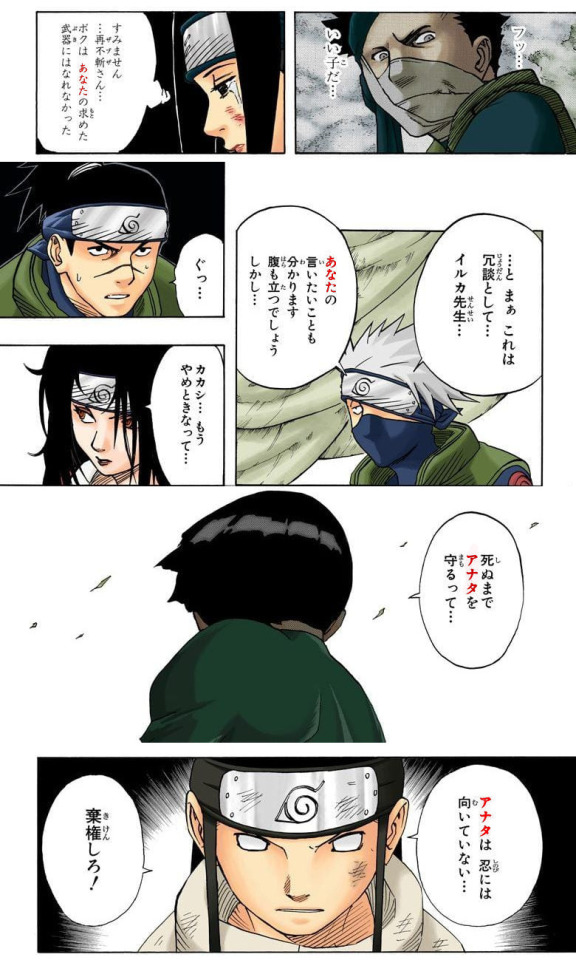
Anata is supposed to be a polite second person pronoun but in Japanese anata hardly uses in conversation. Anata is more polite than "kimi" Or "Omae". Anata is fine if you are talking to general unspecific "You", like talking to a group of people and not taking to a specific person. Even though some people use it sometimes but it may sound kind of aggressive if you say. If you say "anata" they would think you are looking down on them or would think you looks like bossy. Also, if the person is superior to you, you can call them by their titles. Using "anata" to address someone who is older or of higher status can be seen as disrespectful. Some older people might call you "anata" and some old people wouldn't. Even with someone the same age, using あなた would feel a bit awkward. And "anata" also sounds like you're better than others.
Among married or dating couples, there is no effect of age/rank factors because they are equal. Generally, wives call their husbands "Anata" or husbands first name with "-san". Technically あなた is a gender free word so both husband and wife can use. And it is not just for a married couple. And also never use "Anata" with clients, business partners or even work colleagues and also don't use "Anata" for someone superior like your teachers, friends, parents, etc.
Anta あんた : you
(It's also spelled アンタ with katakana)
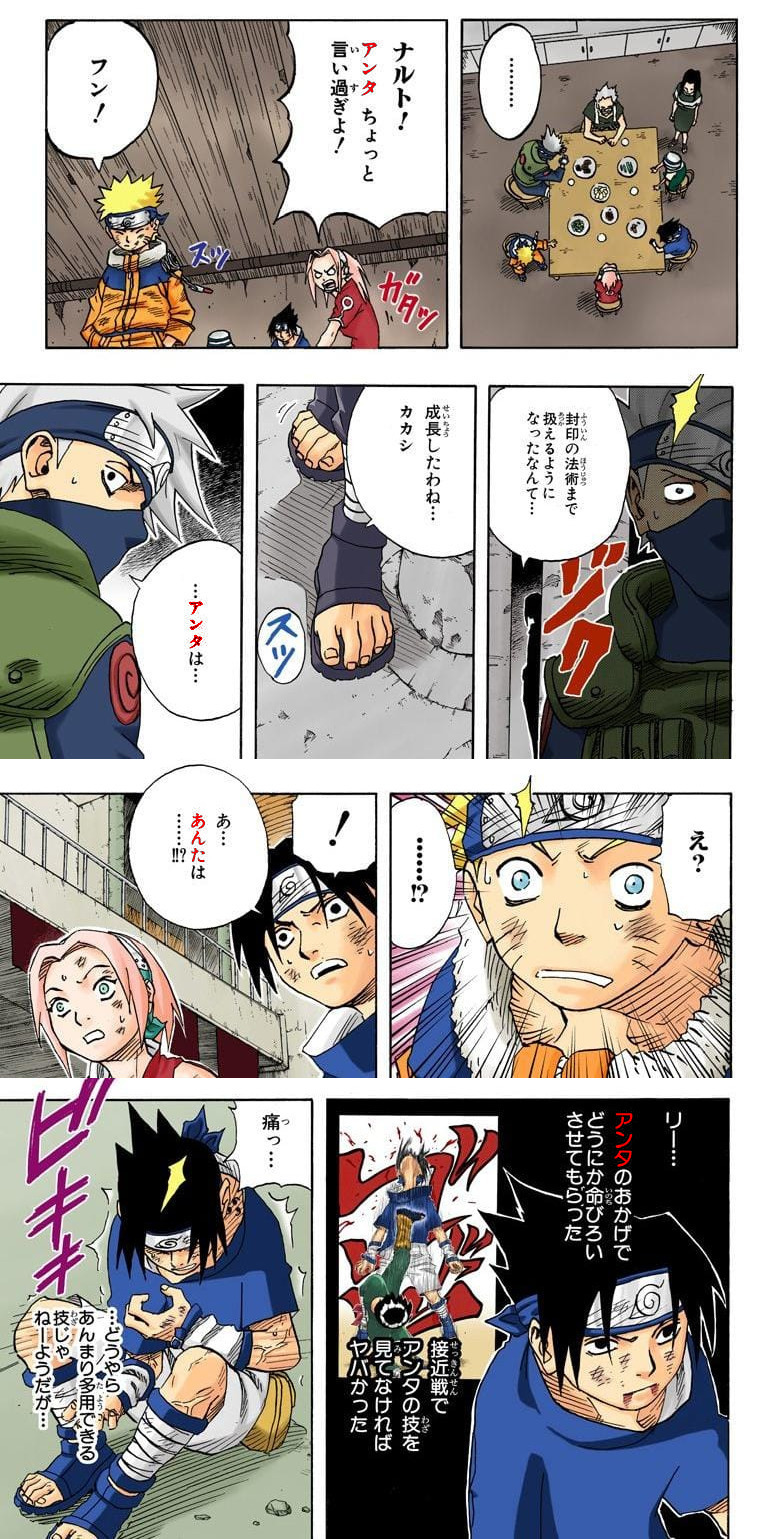

あんた is for both men and women. It is fairly casual and it could sound pretty rude to many situations so be careful when to use. Anta is a short version or contracted version of anata. It is a rude or less informal way of saying "you". When you use あんた in quarrels, it has insulting or aggressive tone. Japanese people often use it with really close friends because they know it's not used in a seriously rude context and same as あんた uses when an elderly person is talking to a familiar person. So あんた also uses to express familiarity.
Kimi 君(きみ) : You
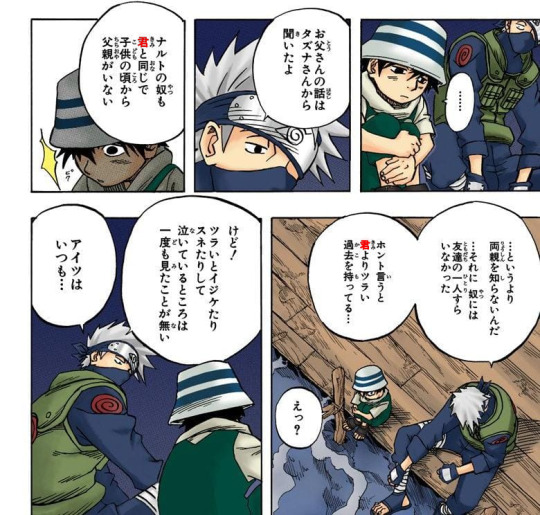
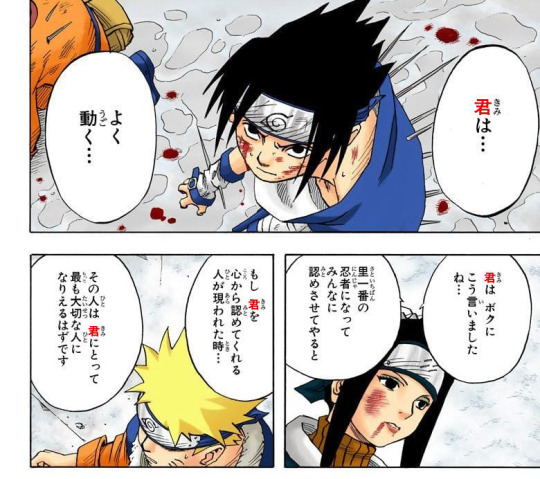
Using "Kimi" in real life is rude. If you call them "kimi", they would get annoyed. It depends on the person. It is mostly used by men. If it is used in song or poetry it sounds romantic or cute but in real life it sounds weird. Kimi is commonly used in Japan's vertical, hierarchical society, where elders speak to young people and children, seniors speak to their juniors, teachers speak to their students and parents addressing their children etc. Some men call women with their family name + 君(kun) . Somtimes bosses use "kimi" when talking to their employees or family name with "-kun" to male employees. Though it can be insulting if "Kimi" used to address elders. Therefore, Kimi is used to refer to people who are probably inferior to you, such as people of a lower grade than you or of a lower age than you. So calling someone with 君 (kimi) might sounds snobbish and you may have to be careful when you use it. And also kimi uses the same kanji as "kun" which place after a person's name. You don’t usually call your female friend with an honorific, kun. Calling a female friend with "kimi" not necessary gives closeness. It may give someone the impression that you are looking down on that person, so be careful. If someone you know calls you with your first name and drops -kun and -san because they feels close to you. Using san is too formal between friends.There are husbands who refer to their wife as きみ.
#second person pronoun#Naruto manga#uzumaki naruto#uchiha sasuke#Zabuza#haku#sakura#neji hyuga#rocklee#mizuki#hatake kakashi#my stuff
89 notes
·
View notes
Photo


Another redraw because why not? This one is so legendary ! look at him, so proud ♥
98 notes
·
View notes
Text
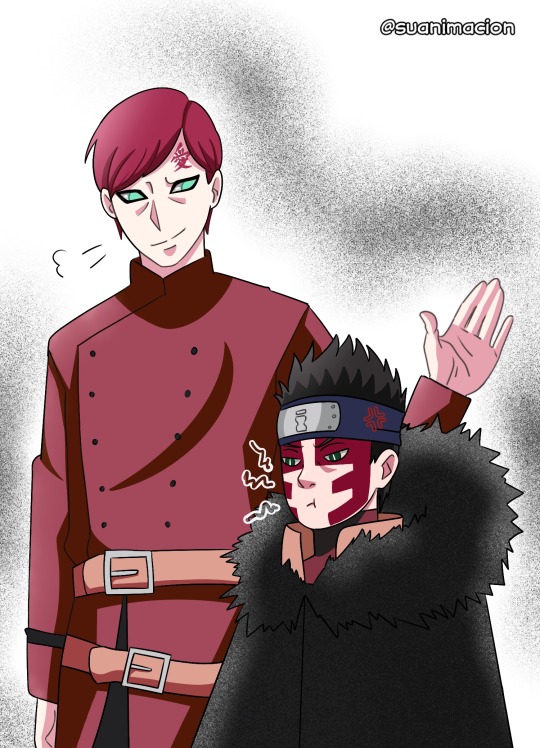
Angry Shinki and Gaara in the role of father
instagram: @suanimacion
#naruto#gaara#narutoshippuden#boruto#kazekage#sabakunogaara#comic#shinki#我愛羅#シンキ#gaaraofthedesert#gaaradelaarena#Gaara y su hijo#digital#drawing#fanart#Angry#rocklee
121 notes
·
View notes
Photo
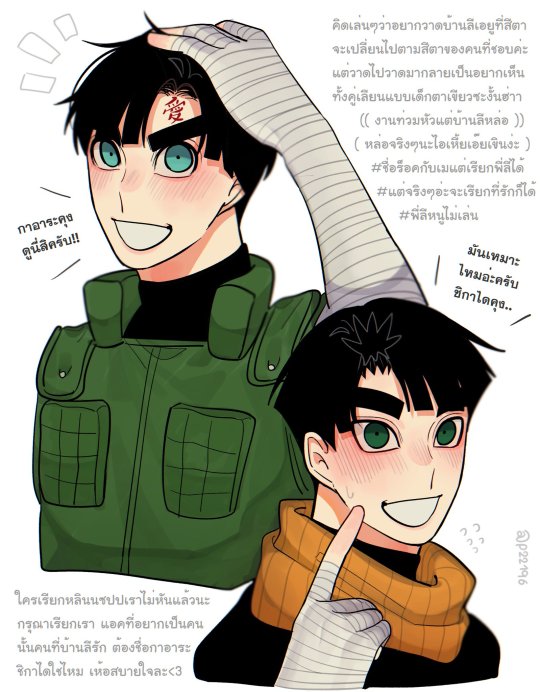
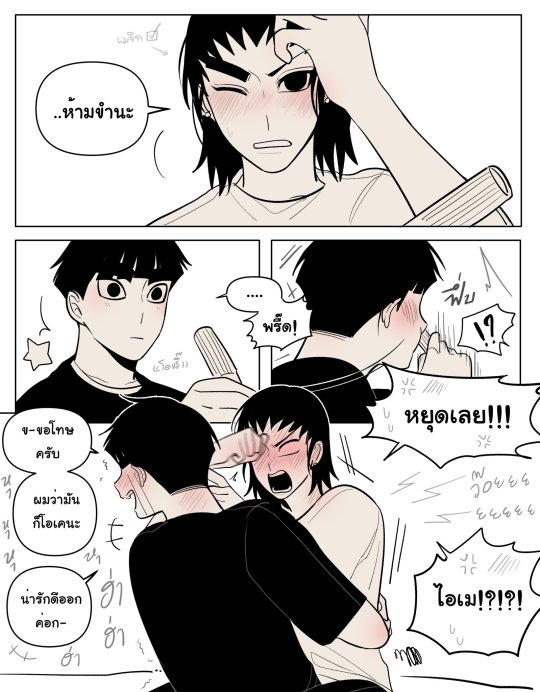
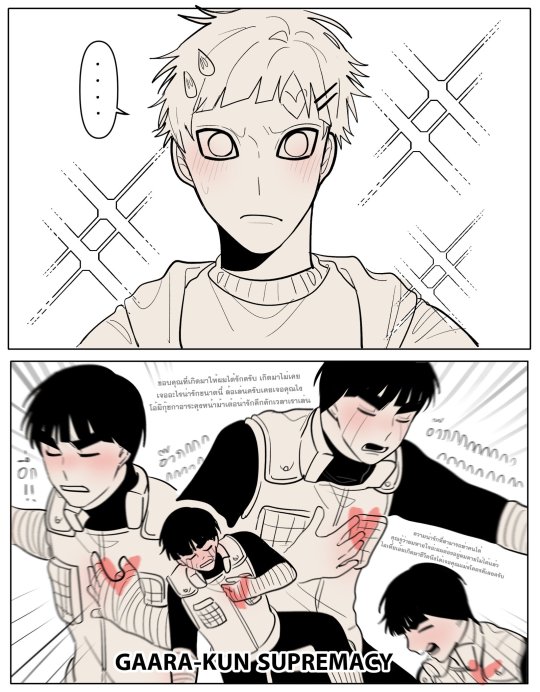

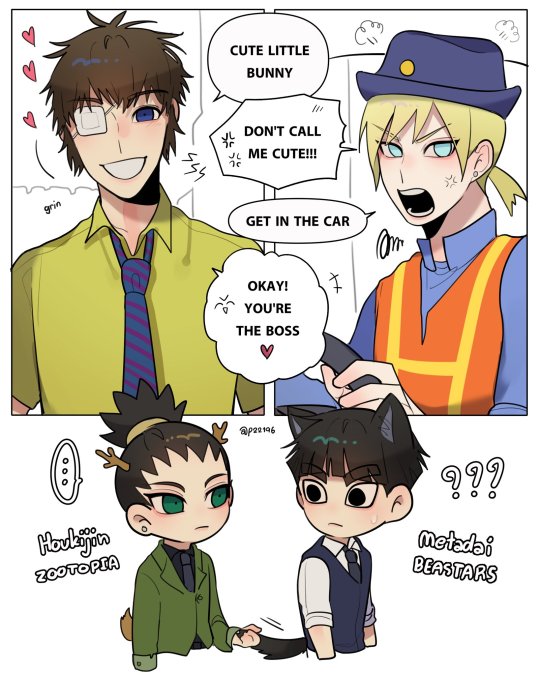
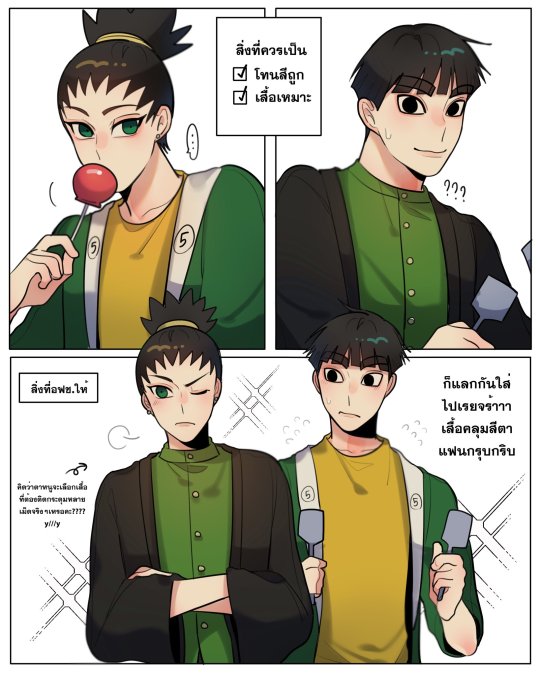

#LeeGaa#gaalee#rock lee x gaara#Metadai#metal lee x shikadai#houkijin#houki x inojin#rocklee#gaara#lee x gaara#metallee#shikadai#metal x shikadai
180 notes
·
View notes
Text
Lee and sakura having a sweet convo,
Sasuke at the back during this convo— 😠
I think someone's jealous ~
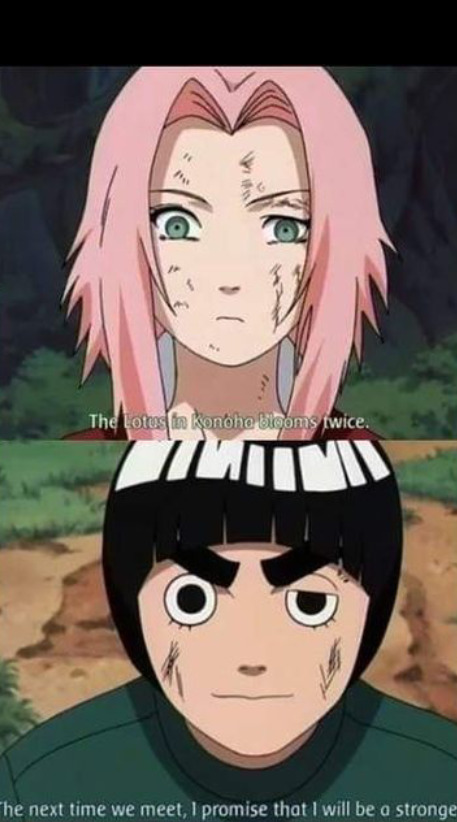
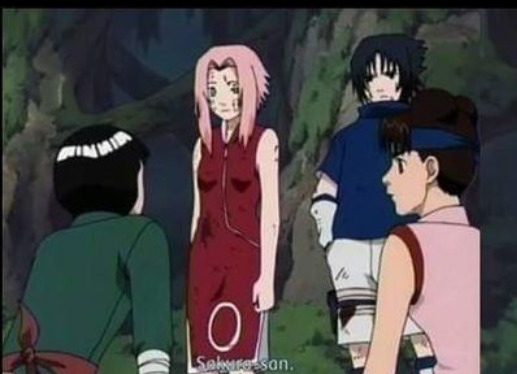
#sasusaku#sakura haruno#sasuke uchiha#Rocklee#hes jealous#team 7 naruto#naruto#naruto anime#jealous sasuke
127 notes
·
View notes
Text
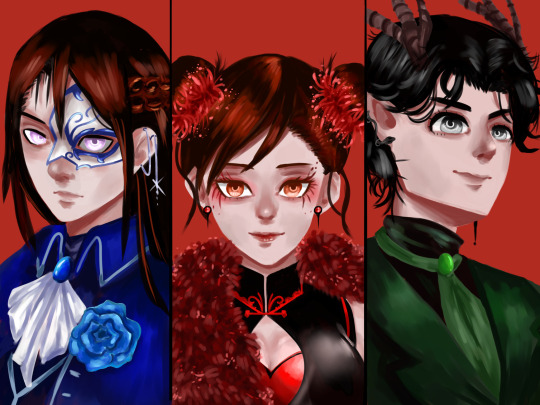
Halloween 2023 : Team Gai
33 notes
·
View notes
Text
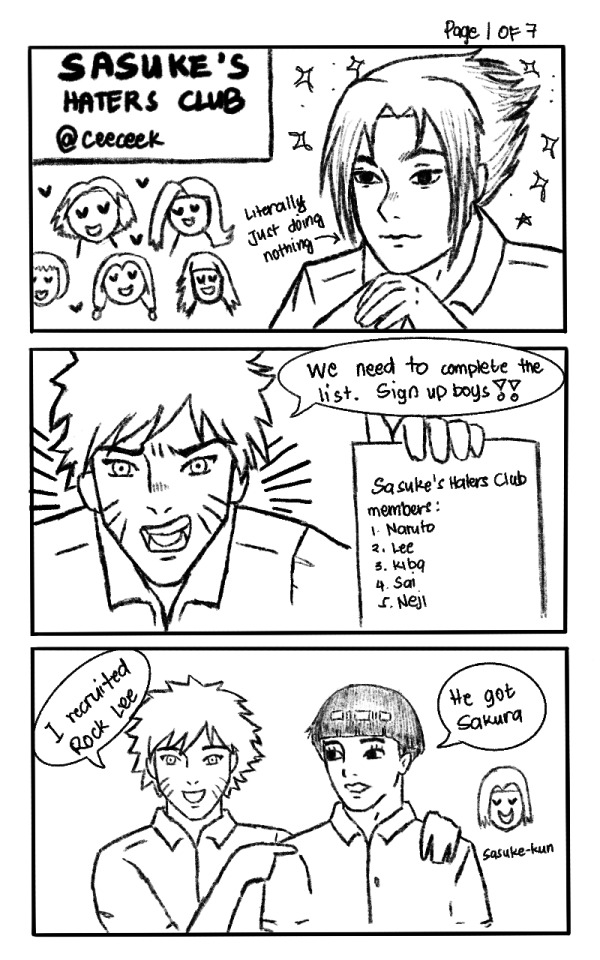
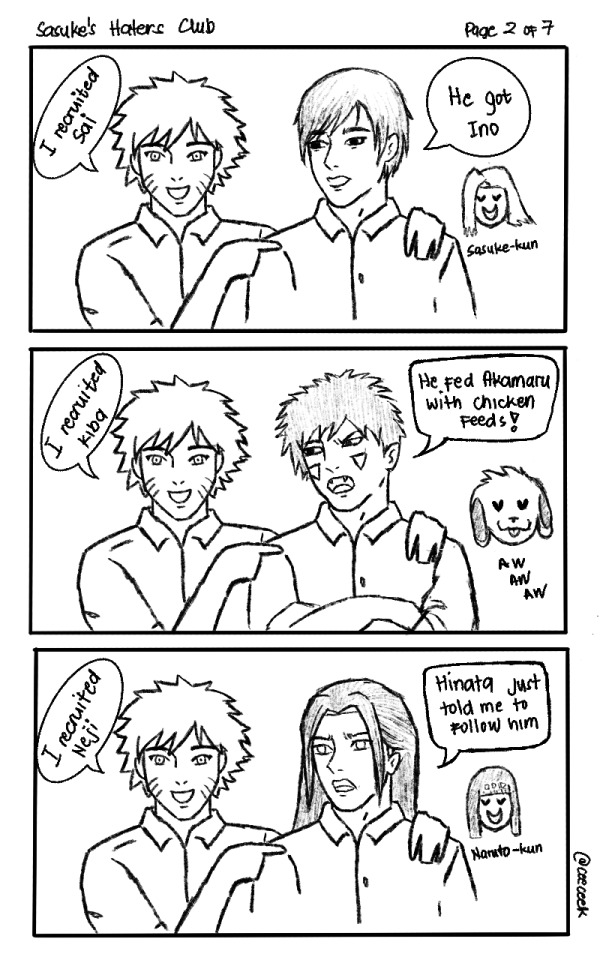
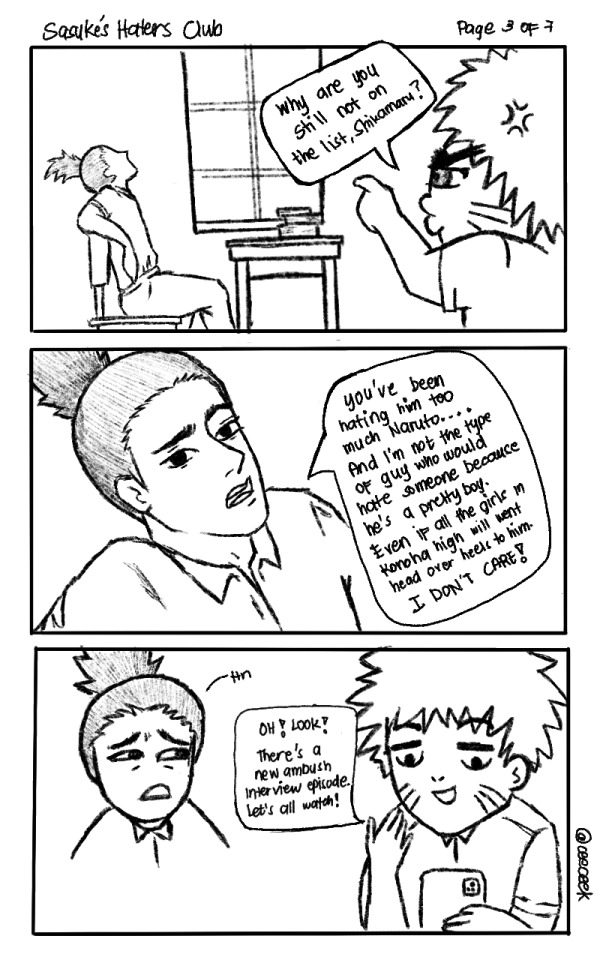
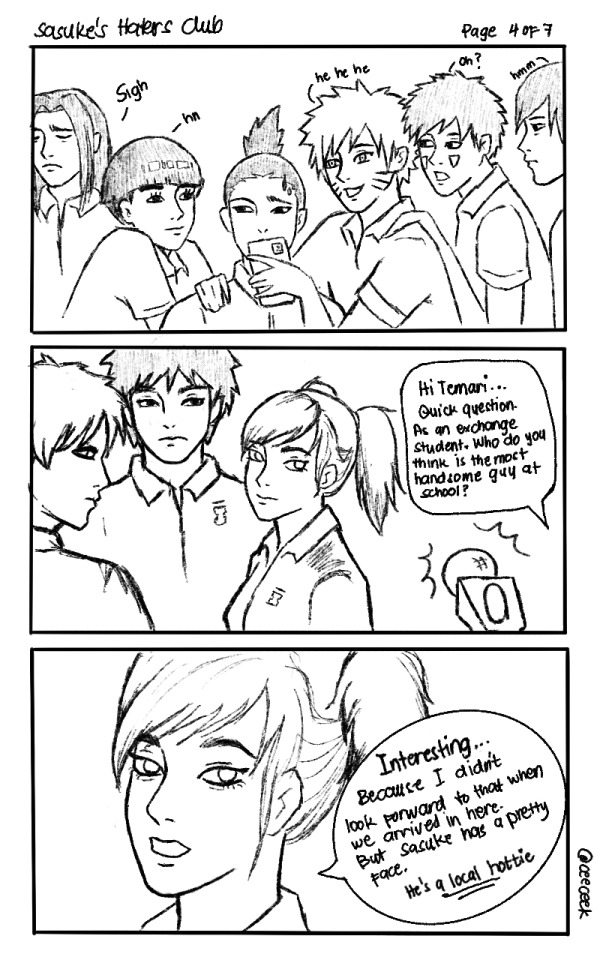
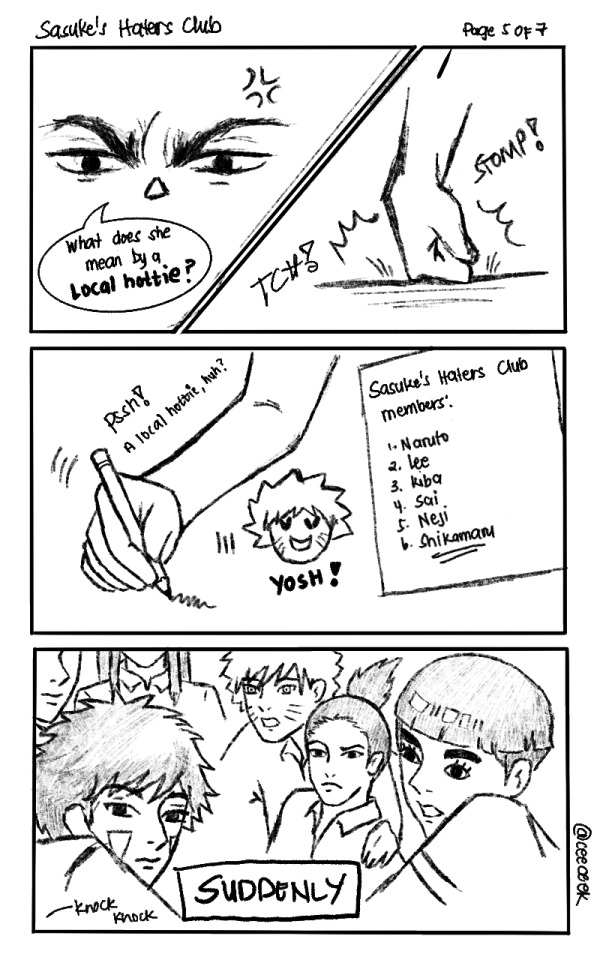

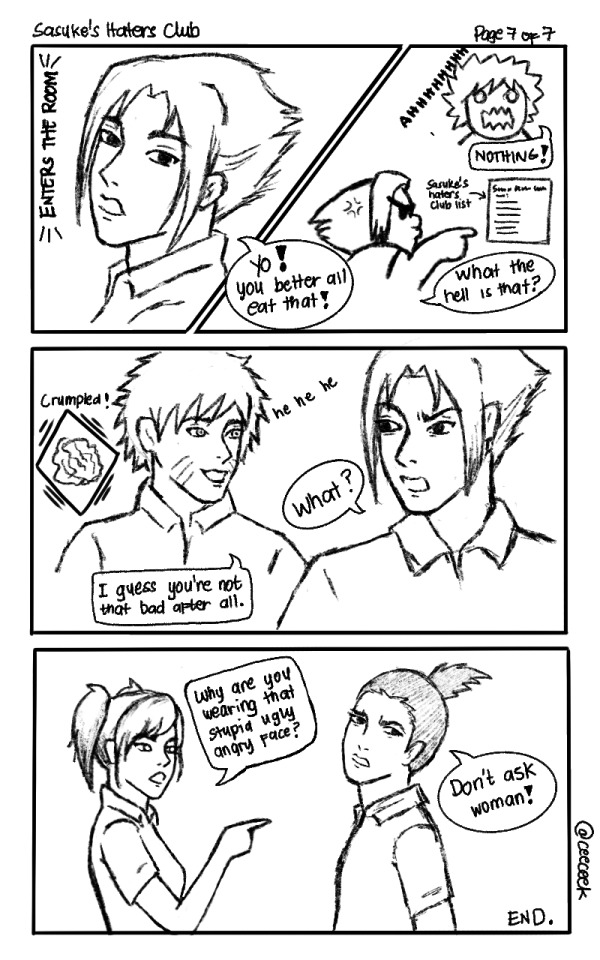
Sasuke’s haters club.
I made a litol comic, it’s my New years resolution to make them so this is my first webcomic. I need to study more on shading and color 🥹 too lazy to do that right now and I don’t have enough time in my hand. 🤧
#naruto#sasuke#alternate universe#kiba#neji#rocklee#shikamaru#temari#gaara#kankuro#teuchi#narutouzumaki#sasukeuchiha#kiba inuzuka#nejihyuga#shikamarunara#sand siblings#narusasu#shikatema
102 notes
·
View notes
Text
dynamic entry?? uhhh you can dynamically enter this pussy,
34 notes
·
View notes
Text
Gaalee headcanon
Lee tries to build bridges, Gaara tries to build barriers to keep Lee safe from him.
Rock Lee wants to know him more, he admires him a lot what pretty soon turns to be a crush. Maybe Gaara doesn't get it but he feels "different" when Lee's next to him, he feels happy but nervous inside what makes him afraid of getting out of control somehow.
Sometimes Lee tried to get closer to him physically and Gaara used his sand. Kinda hurted Lee (but he didn't mind at all) that made Gaara horrified and even worried, apologizing for 100 times at least, Lee thinks that's cute.
Lee keeps insisting on talking to him patiently asking some personal questions as old friends would do, like how is it to live in the sand, how Gaara sees his siblings today, what being a kazekage means to him..
And Gaara answers rightly and honestly. He really evolved since years ago, what made Lee very proud.
So they started to get closer and Gaara's insecurities one day disappeared completely next to Lee. He started to count on Lee when he wanted to talk about sensitive subjects, so they were emotionally connected.

#gaalee#leegaa#rocklee#gaara#sabakunogaara#naruto#kazekage#kazekage gaara#rock lee#gaara x rock lee#rock lee x gaara#leega#lee x gaara#narutoshippuden
176 notes
·
View notes
Photo

Iruka and Lee with their younger haircut(s) ! !
#rock lee#rocklee#lee naruto#naruto#naruto shippuden#iruka#iruka naruto#naruto fanart#rock lee fanart#iruka fanart#idk man#might draw more with diff haircuts#rock lee with the braid tho!!!!!!!#wish i knew anatomy so i could do funky drawings
127 notes
·
View notes
Text

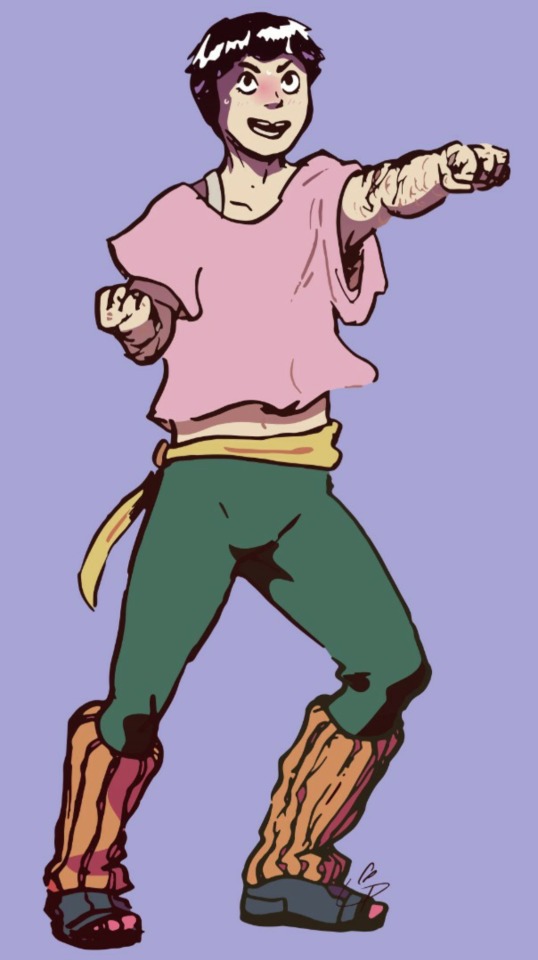
Yep, still alive. I needed this redraw to be happy today, and really, it helped.

#rocklee#fitness#his lil top this is too much for my heart#naruto#naruto shippuden#screencaps#redraw#rock lee#rock#lee#training#nart#drawing#art#anime
41 notes
·
View notes


